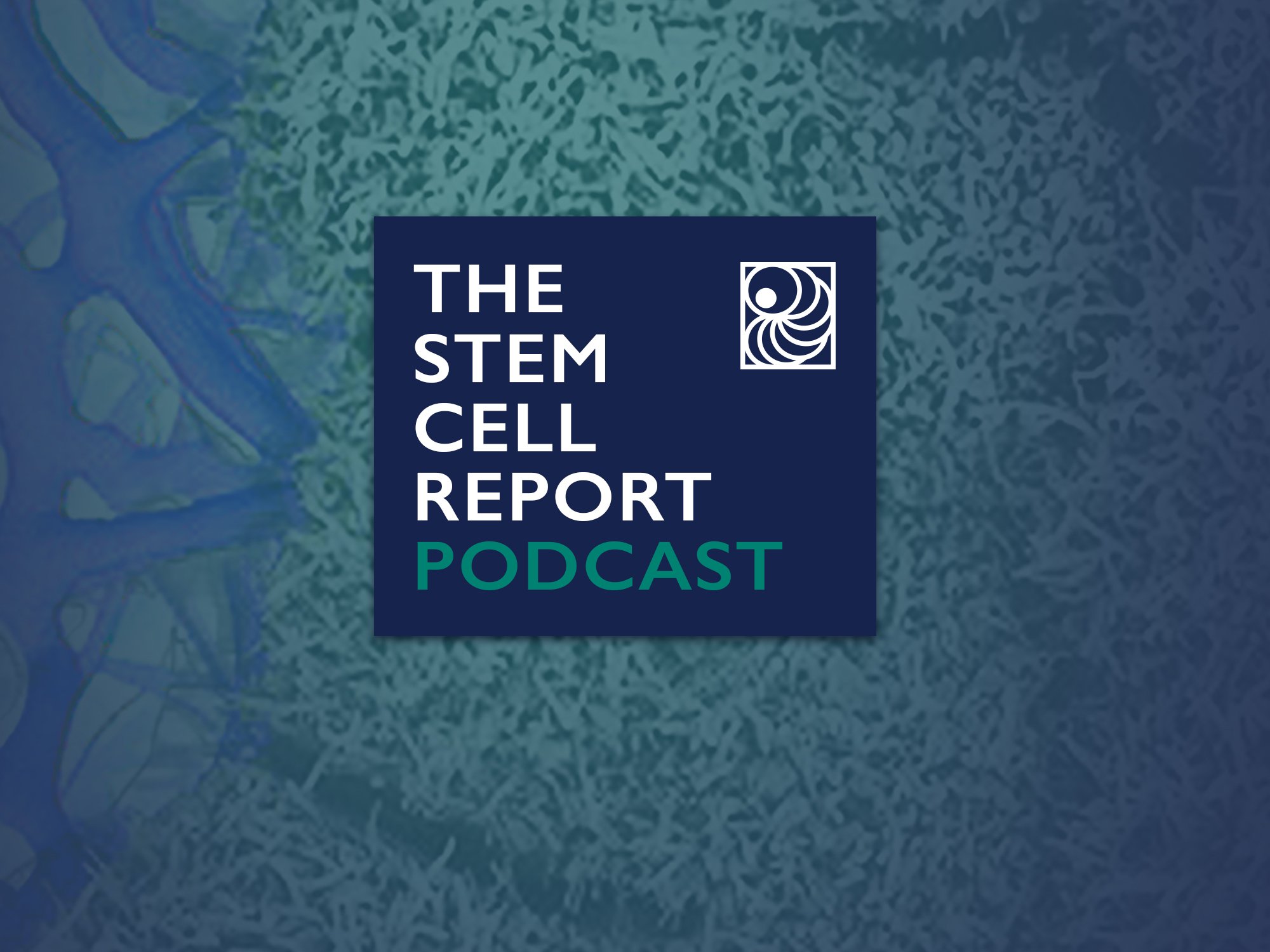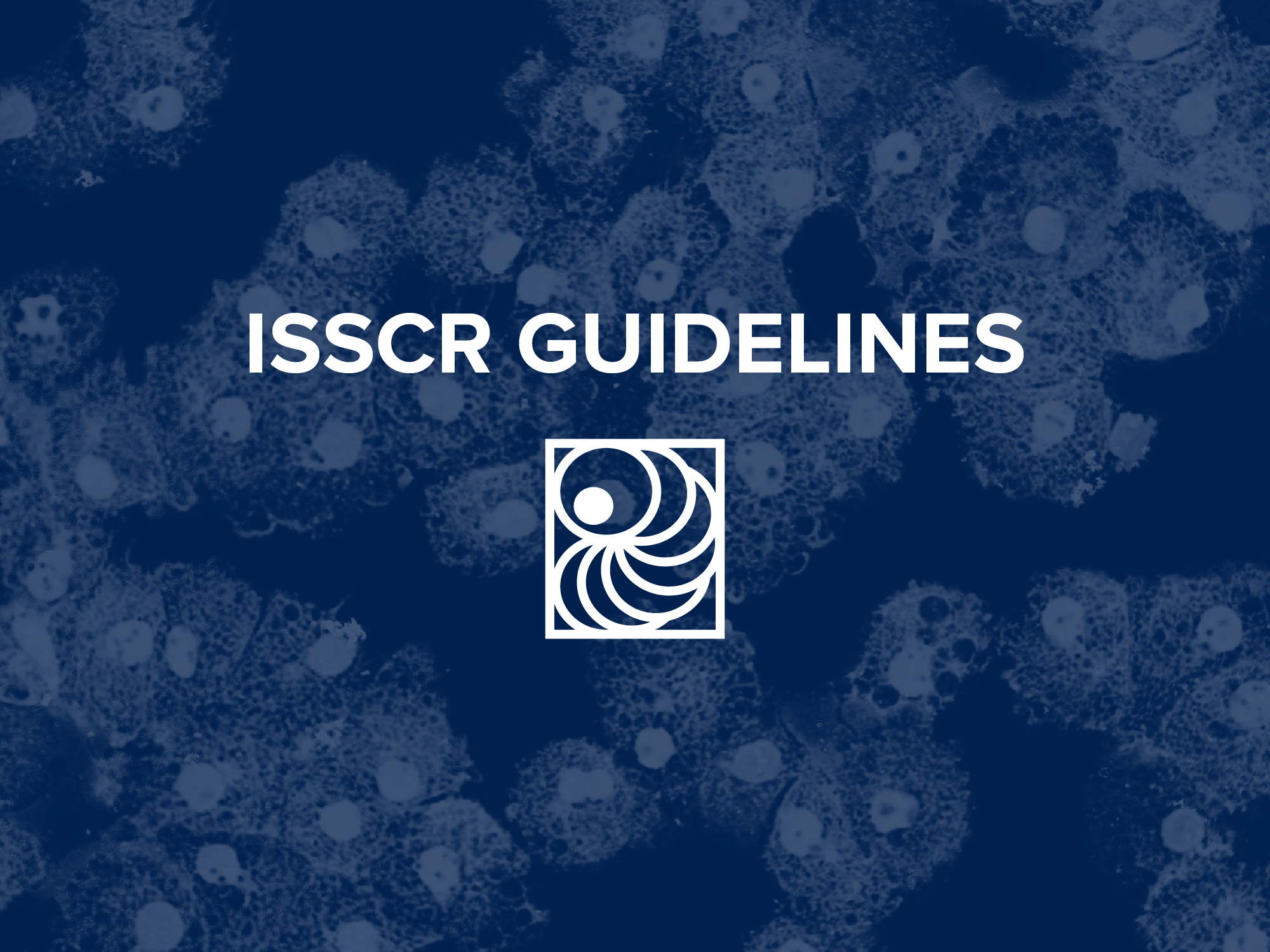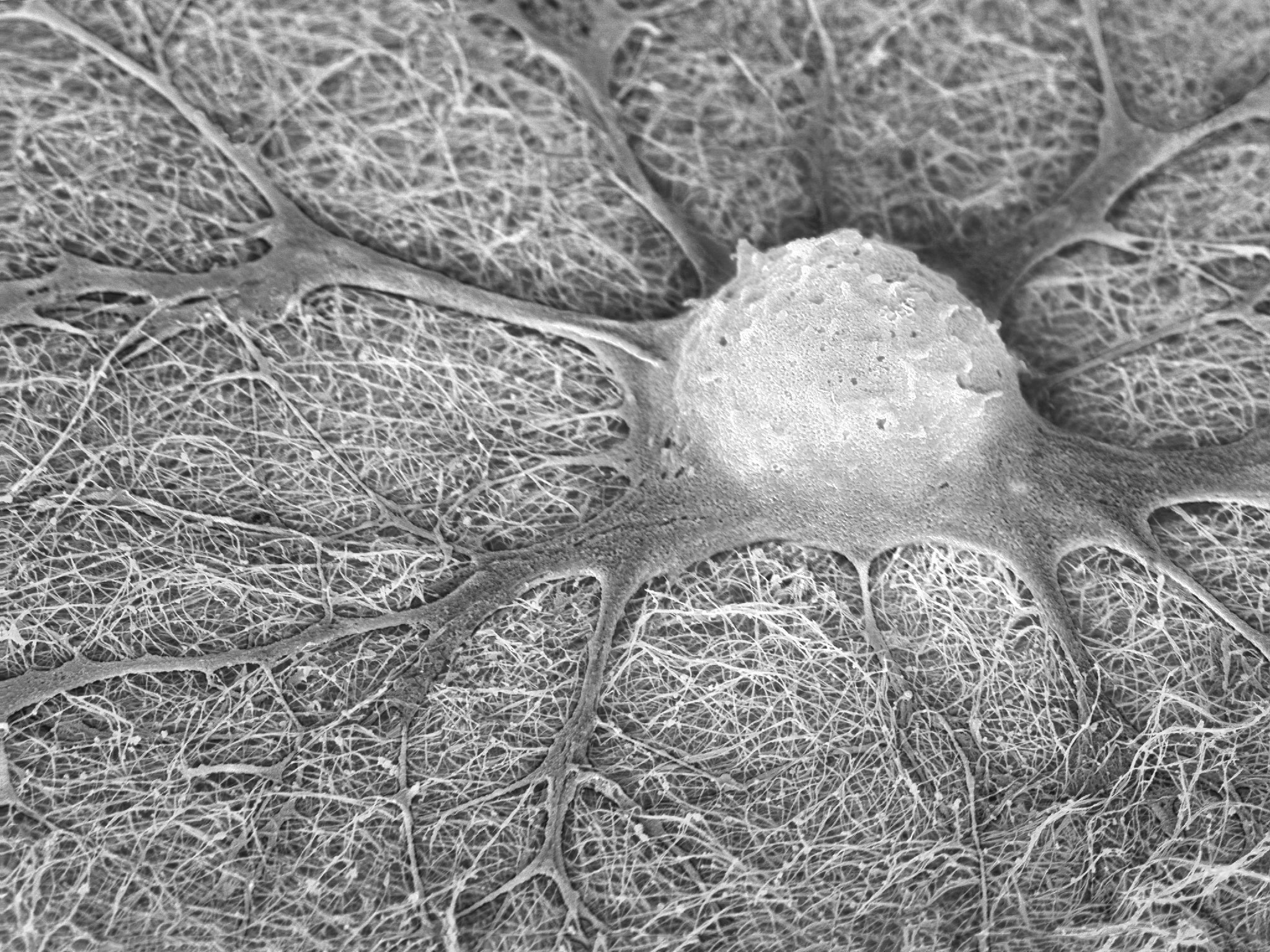ISSCR News

The ISSCR to Offer Travel Awards to KSSCR Members to Attend ISSCR 2026 in Montreal
The ISSCR has allocated travel award support specifically for members of the Korean Society for Stem Cell Research (KSSCR) who submit abstracts and attend the ISSCR 2026 Annual Meeting in Montreal, Canada taking place 8-11 July 2026. The allocation is made possible through the donation of speaker reimbursements by principals of ISSCR who attended the KSSCR Annual Meeting last year.

New Podcast Episode. Illuminating hPSC-derived Sensory Neurons
Human pluripotent stem cells (hPSCs) are transforming the study of biology and disease by enabling scientists to grow large amounts of specific cell types in the lab that were once difficult to obtain. Our guests today focus on improving the derivation and study of sensory neurons, which are sparse and diverse nerve cells near the spine that carry information like pain, touch, or position of the body to the brain. Damage to these neurons or sensory neuropathies, as can happen in diabetes or infections, is estimated to affect millions of people worldwide, yet treatments are limited. To improve the generation of human sensory neurons, the authors developed a genetic toolkit to fluorescently label these individual cells and their subtypes. This approach enables more precise study of these subtypes, their roles in disease, and potentially the development of treatments for sensory neuropathies.

The ISSCR and ASSCR Partner on Joint Travel Award for ISSCR 2026
The ISSCR and Australasian Society for Stem Cell Research (ASSCR) are partnering to launch the new ISSCR-ASSCR Joint Travel Award to support ASSCR student and early career member attendance the ISSCR 2026 Annual Meeting in Montréal on 8-11 July 2026.

ISSCR Guidelines Update Now Available in Spanish
The ISSCR is pleased to announce the availability of the Spanish language translation of the ISSCR 2021 Guidelines for Stem Cell Research and Clinical Translation.

New Podcast Episode. Tuning the X.
Epigenetic regulation of gene expression is an important mechanism in development and disease. N6-methyladenosine (m6A) is one of the most prevalent epigenetic modifications for RNA and has been shown to play critical roles in processes such as embryo development, cancer, and stress responses. Our guests today investigate how m6A regulates X chromosome dosage compensation to ensure proper balance of gene expression from X chromosomes between sexes. X-chromosome dosage compensation is accomplished through two complementary mechanisms. First, X-chromosome inactivation (XCI) silences one of the two X chromosomes in female cells. Second, the remaining active X chromosome is transcriptionally upregulated so that its gene expression levels are balanced with those of the autosomes, a process known as X-to-autosome (X-to-A) compensation. The authors dissect the distinct contributions of m6A RNA methylation to XCI versus X-to-A compensation across multiple embryonic lineages, providing deeper insights into the epigenetic regulation of early development.

Receive ISSCR Press Releases
Sign up be a part of ISSCR’s media list. Media Contact: Kym Kilbourne, Director of Media and Strategic Communications
Subscribe to ISSCR News.
Each month, ISSCR delivers scientific, policy, and community to your inbox .
